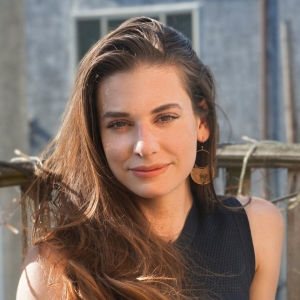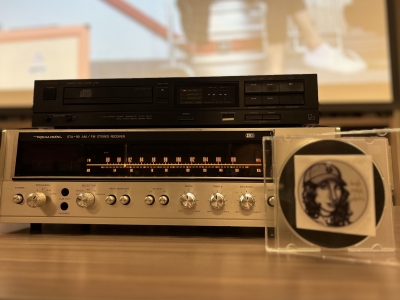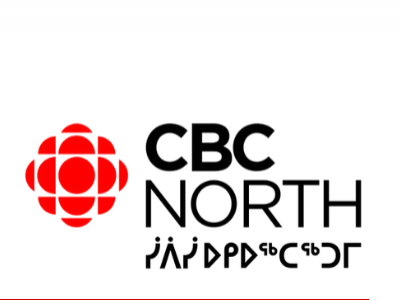The School of Journalism and Communication is delighted to announce the appointment of Dr. Siobhan Angus as its newest faculty member in communication and media studies. Angus’s expertise in visual culture, environmental humanities and art history will make important contributions to the communication program’s commitments in research, teaching, public service, and community engagement.
At the heart of Angus’s research program is an intellectual and political commitment to environmental, economic, and social justice. Her forthcoming book, Camera Geologica (Duke University Press) explores the visual culture of resource extraction with a focus on materiality, labour, and environmental justice. The project advances an eco-critical reading of photography to consider the material links between resource extraction and image making.

“My book focuses on six mined materials that have been used in photographic processes,” she says. ”Analyzing the complex relationship between art, science, and industry, I trace the transnational links between extractive regions — many of them in the Global South or on Indigenous territories — with a focus on the interconnections between the built environment, landscapes and bodies. My research makes media, and the consequences of their extraction, visible. Photographic images are a powerful means to illuminate and attempt to redress ecological catastrophe in the present.”
Before joining Carleton, Angus was a Banting Postdoctoral Fellow and Lecturer in the History of Art at Yale University’s programmes in Ethnicity, Race, and Migration, and the Environmental Humanities. She holds a Ph.D. in Art History and Visual Culture from York University.
“I’m thrilled that Siobhan has joined our School,” says Josh Greenberg, Director of the School of Journalism and Communication. “Her scholarship on the politics of resource extraction and its articulations in visual media is incredibly exciting. The work is politically and ethically engaged and aligns well with the interdisciplinary work of our colleagues in Communication and Media Studies and across campus.”
Angus is currently working on a new project focusing on toxicity and the remediation of polluted landscapes. In this study, she explores toxicity as both a material and representational problem in contemporary art. Examining how scientific exploration made toxicity a defining feature of contemporary life, impacting the environment, health, and culture, Angus argues that the material engagement with toxicity by artists reframes cultural understanding of purity and damage.
Dr. Angus takes up her position on July 1, 2022.
Friday, July 1, 2022 in Communication News, News
Share: Twitter, Facebook



